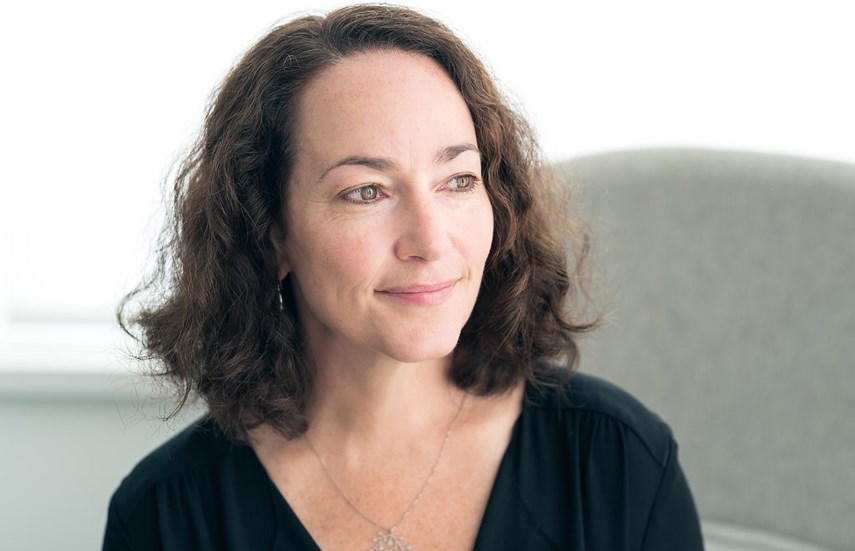Â鶹´«Ă˝Ół»Writers Fest, Oct. 15-21. For details visit .
When the distinguished old gentlemen thinks back to those long-ago days and that very young girl, his mind never drifts anywhere near the concept of statutory rape.
To him it was a love affair. Slightly risky perhaps, but ultimately civilized. After all, he thinks, he was only 27 when he met her, “a boy, practically.”
His victim was a girl, literally.
Those are the memories that launch Sofka Zinovieff’s novel: Putney. The book, which The Guardian newspaper dubbed: “a Lolita for the age of #MeToo,” is a singularly important work, explains Â鶹´«Ă˝Ół»Writers Fest artistic director Leslie Hurtig.
“I just want to push that book,” she says. “It would make a fantastic book club choice.”
Zinovieff is scheduled to speak about consent and self-justification in her retelling of Lolita during The Interviews with Mark Medley.
“We’ve been advertising it as: Events to Smash the Patriarchy,” Hurtig says proudly.
Medley, who edits The Globe and Mail’s Opinion section, is also slated to speak with author Craig Davidson, who recently wrote The Saturday Night Ghost Club, which delves into Niagara Falls’ urban legends, and Iain Reid, who recently wrote Foe.
Foe feels like a thriller but seems to evade any specific classification, Hurtig says, explaining that crucial details hidden among the book’s pages have been the talk of her office.
“The sign of a good book,” she says.
As a child, Hurtig grew up in an environment where books were always in reach.
“My parents did own bookstores when I was born so I did have a wealth of books at my fingertips,” she says, recalling her youth spent tearing into Roald Dahl’s stories, Shel Silverstein’s poems, and Canadiana like Anne of Green Gables and Farley Mowat.
Having taken over as the festival’s artistic director from Hal Wake, Hurtig says she wants to continue his work and: “present ideas and discussions that are important to people today.”
“My hope, certainly, has been to increase diversity,” she says. “And we wanted to make sure we were relevant to everybody in the Lower Mainland.”
As part of that effort, Hurtig recruited Cherie Dimaline, the author of The Girl Who Drew a Galaxy and The Marrow Thieves to curate four festival events. Dimaline is also slated to take part in Building New Worlds, an explanation of how authors design the sometimes far-flung worlds of children’s fiction. The panel is set to include Kenneth Oppel and Susin Nielsen.
“Any time we can introduce kids to writers and to new ideas we are doing a service to society,” Hurtig says. “I do believe in this day and age reading a wide range of authors’ work is so important to maintain empathy and to teach us how to make this world a better place.”
While the festival focuses largely on novels, short stories are scheduled to get their due in a panel entitled: Big Stories, Small Packages. Featuring short story writers from Newfoundland, New Zealand and Angola, the panel is set to be hosted by Michael Hingston, the co-creator of the Short Story Advent Calendar.
Hurtig praised Hingston for writing a “wonderful” exploration of Calvin & Hobbes in Let’s Go Exploring.
Hingston is set to talk about his book at the Comic Can panel, which also features Simpsons Comics writer Ian Boothby as well as E. Paul Zehr, the University of Victoria kinesiology and neuroscience professor who examined the role of superpowers in real life with his book: Becoming Batman.
Some events are meant to be entertaining, to: “keep them dizzy and happy and make them laugh,” Hurtig says.
But ultimately the aim is to make people think.
“We also want to educate and we want to inspire.”



